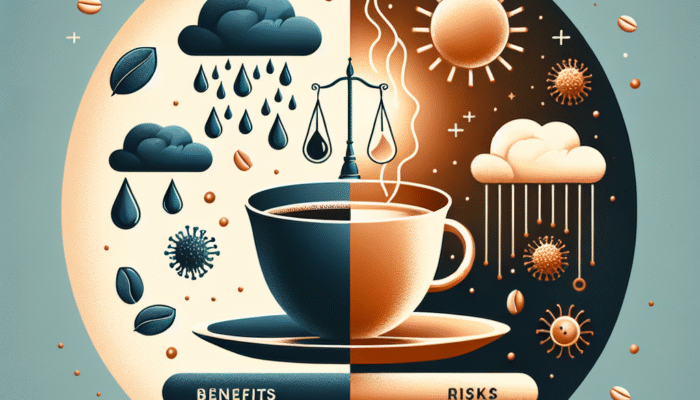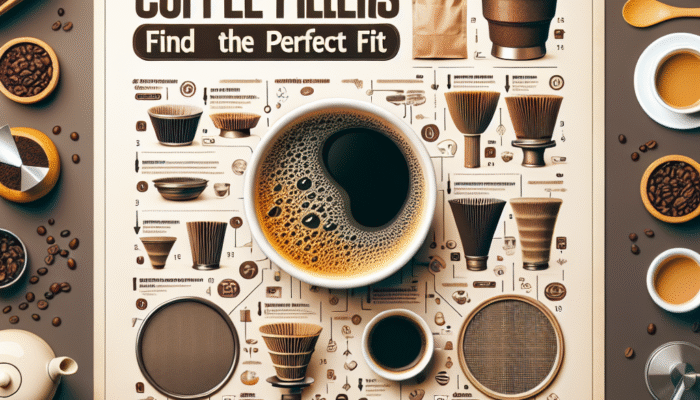
Decaf Coffee: How It‘s Made and Who Should Drink It
What is Decaf Coffee?
Decaf coffee is a type of coffee that has had most of its caffeine removed. While it may not provide the same energizing kick as regular coffee, it retains the rich flavors and aromas that coffee lovers adore. Decaf is perfect for those who wish to enjoy coffee’s taste without the jitters or sleep disturbances that caffeine can cause.
How is Decaf Coffee Made?
The process of decaffeination involves several steps to remove caffeine while preserving the coffee’s flavor. Here are the most common methods:
- Direct Solvent Method: Green coffee beans are steamed and then soaked in a solvent (usually methylene chloride or ethyl acetate) that selectively removes caffeine. The beans are then steamed again to remove any residual solvent.
- Indirect Solvent Method: Coffee beans are soaked in hot water, allowing caffeine and other compounds to dissolve. The water is then passed through a solvent that removes caffeine, after which the beans are re-soaked in the flavorful water to reabsorb some of the lost flavors.
- Swiss Water Process: This chemical-free method uses only water to decaffeinate beans. The process involves soaking beans in hot water, then passing the water through a charcoal filter that traps caffeine molecules, allowing the flavor compounds to remain.
- Carbon Dioxide Method: This method uses carbon dioxide under high pressure to extract caffeine. The CO2 selectively binds to caffeine, allowing it to be removed while retaining most of the coffee’s flavor.
Who Should Drink Decaf Coffee?
Decaf coffee is suitable for a variety of people, including:
- Individuals Sensitive to Caffeine: If you experience jitters, insomnia, or increased heart rate from caffeine, decaf can be a great alternative.
- Pregnant Women: Many health professionals recommend limiting caffeine intake during pregnancy, making decaf an appealing choice.
- People with Certain Health Conditions: Conditions such as anxiety disorders, acid reflux, or heart problems may require a reduction in caffeine consumption.
- Caffeine-Intolerant Individuals: Some people simply do not tolerate caffeine well and can enjoy the taste of coffee without the side effects.
The Final Brew
Whether you’re a coffee connoisseur or just enjoy a warm cup, decaf coffee offers a delightful alternative without the buzz. With various decaffeination methods available, you can enjoy your favorite brew at any time of the day without worrying about a caffeine overload. So go ahead, savor that cup of decaf—your taste buds will thank you!


